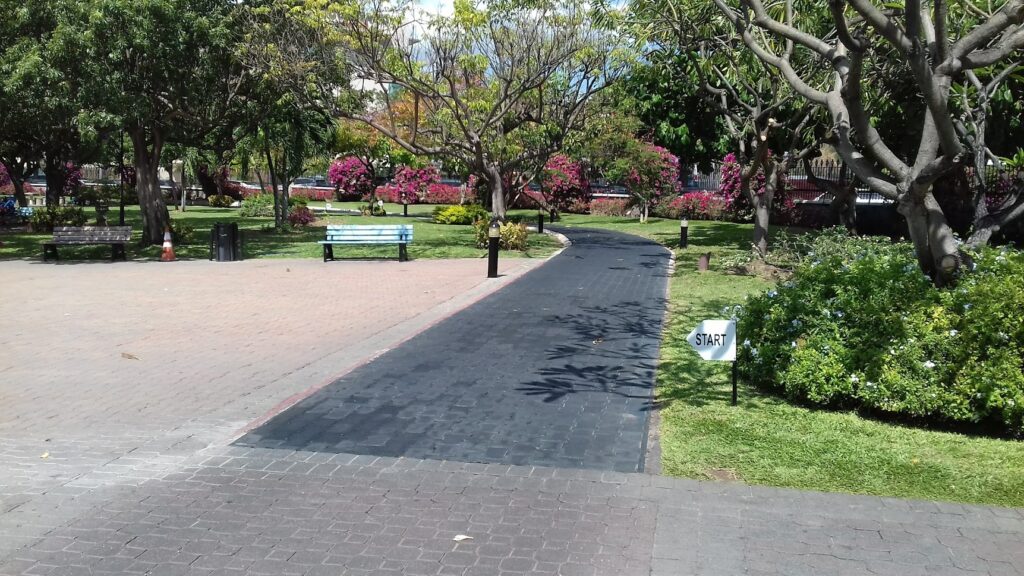City Know-hows

Seven key urban health policy ideas were found in the planning of Sydney’s Western Parkland City that draw upon different ontological perspectives. This case study prompts policy actors and researchers to reflect on their own assumptions, and others’ underlying assumptions to better understand where and how collaborations should occur.
Share
Target audience
City officers, urban planners, and urban health researchers.
The problem
Policy actors often fail to challenge their own assumptions about their policy ideas or recognise that these views may not be shared with others. This lack of reflexivity can reinforce implicit biases, leading to ineffective policies, incoherent policy ideas, lack of collaboration, confusion, and distrust.
What we did and why
We examined the foundational assumptions underpinning key urban health policy ideas within the planning of the Western Parkland City in Sydney, Australia. This analysis aims to foster a comprehensive understanding among policy actors, encouraging effective engagement in transdisciplinary collaborations.
Our study’s contribution
Our research reveals that the urban health policy ideas are informed by diverse ontological perspectives, transcending specific sector-based knowledge. This case study highlights the complexity and diversity of ontological perspectives that shapes urban health policy ideas in real-world urban planning policymaking.
Impacts for city policy and practice
Acknowledging both the similarities and differences in how actors perceive urban health policy ideas is critical in fostering a transdisciplinary approach to promote health through urban planning. Emphasising coherence rather than consensus in problem definition, goal setting, and implementing solutions is essential for effective transdisciplinary urban policy development.
Further information
Full research article:
Related posts

Understanding decision-making for active living infrastructure in a middle-income country: Aspirations and pressures for development may not support creation of good quality walking and cycling

The quality of life for autistic individuals is closely linked not only to societal attitudes and the level of support provided by local and national authorities but also to the spatial and formal aspects of their surrounding environment. A key question is: How can urban planners, architects, and decision-makers facilitate the creation of autism-friendly cities?

The world is currently responding to the climate crisis and the nature crisis as if they were separate challenges. This is a dangerous mistake. The are leading to dire impacts for our health